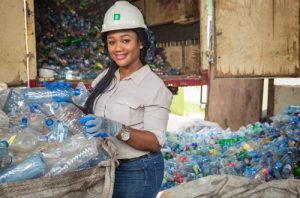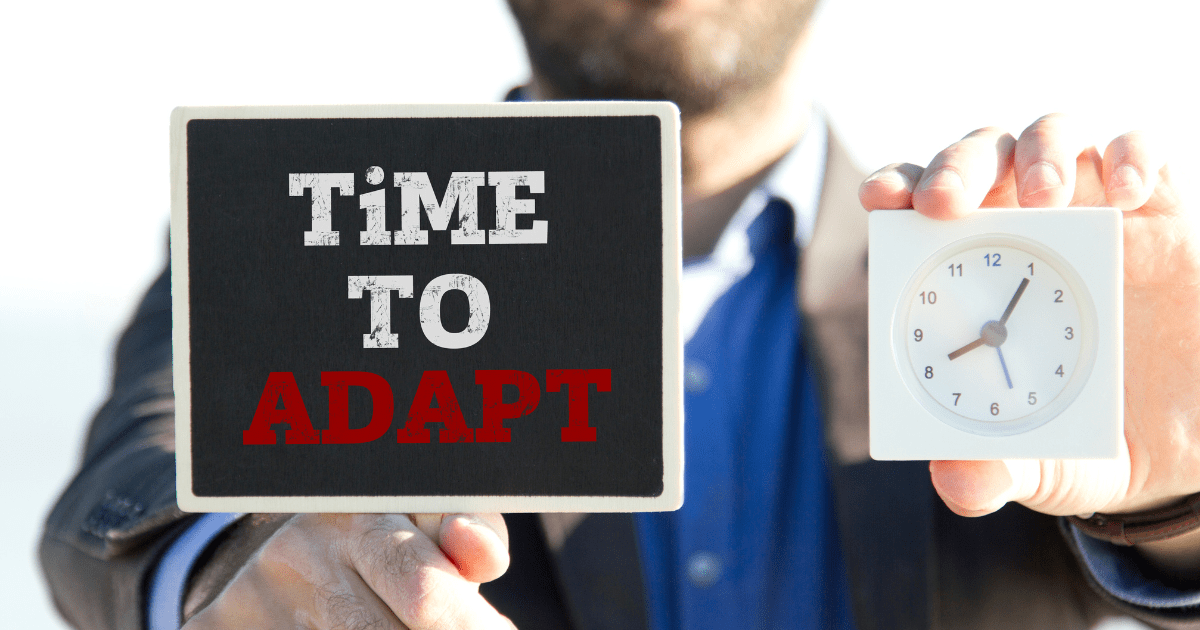
African social entrepreneurs because of massive social issues like poverty, lack of access to clean water and sanitation that affect large parts of the continent, are in a good position to come up with solutions to some of the world’s most pressing challenges.
One such example is Cape Town-based Lumkani who won the South African leg of the inaugural Chivas Venture competition in 2015.
Their early-warning system which was originally developed to detect early signs of shack fires and reduce damage and destruction in urban informal settlements in areas such as Khayelitsha, a township in Cape Town, is now being used in other parts of the globe such as South America and Asia who face similar challenges.
The Chivas Venture competition sponsored by the Whiskey brand Chivas Regal, aims to support and recognise innovative social enterprises. It offers 30 global innovative social startups from around the world including Columbia, the U.S, Mexico, Spain and Brazil, among others, the chance to earn a share of $1 million in seed funding, as well as receive mentorship and access to markets to further develop their businesses.
Startups chosen for the final pitch are selected from regional competitions held in each country.
Last year Columbian startup Conceptos Plasticos won the biggest share of the fund. Their initiative uses plastic and rubber to build temporary and permanent homes, shelters, classrooms, community halls and other buildings.
This year representing Africa in the final pitch in Los Angeles, U.S in July are I-Drop, Sanivation and Recycle Points. Find out more about each of these startups.
PHOTO SUPPLIED
James Steere, co-founder and strategy and business
developer of I-Drop Water.
I-Drop Water – South Africa
About the business: I-Drop Water, founded by Kate Thiers and James Steere in 2015, is an initiative that aims to provide safe drinking water in an environmentally friendly way.
I-Drop Water’s purification and dispensing units help to purify municipal water at the point of use.
What makes them unique: Unlike many other purification systems on the market that use Reverse Osmosis, a technology used to remove a large majority of contaminants from water, I-Drop Water units produce no waste water, saving retailers significant cost on municipal water bills and helping the environment, according to the I-Drop website.
PHOTO CREDIT: INSTAGRAM/SANIVATION
The Sanivation team with their container-based toilet.
Sanivation – Kenya
About the business: This startup views sanitation as a priority. Sanivation is dedicated to improving the overall dignity, health, and environment of communities in East Africa through delivering clean, safe, and efficient sanitation services.
This is done by installing modern container-based toilets in people’s homes in urban communities for free, and charging them a monthly fee for servicing the toilets.
What makes them unique: According to the Sanivation website, not only do they focus on the sanitation needs of communities, but the waste is also transformed into a clean burning alternative to charcoal.
PHOTO SUPPLIED
Chioma Ukonu, Chief Operations Officer of Recycle
Points.
Recycle Points – Nigeria
About the business: Give and you shall receive – this is the idea behind Recycle Points. This startup collects everyday waste and recyclable materials from low-income households in Nigeria which are then rewarded with points that they can use to purchase household items from iRecycle stores.
The recycled materials are collected from door-to-door and then processed at collecting and sorting hubs by unemployed women. The items are then sold to recycling plants and used as raw materials for a range of items like hangers, carpets and pegs.
What makes them unique: The incentive-based factor of this recycling business is what makes this startup stand out. According to the website, this social venture addresses a few issues at once – waste that contributes to unhealthy and unsanitary living conditions, poverty, as well as unemployment.


